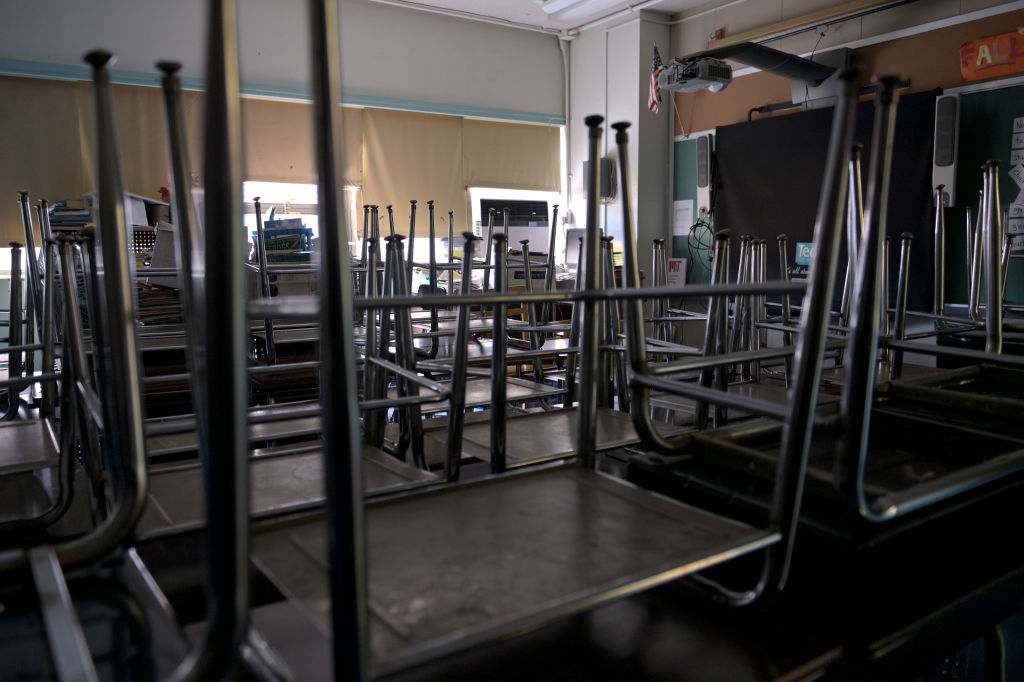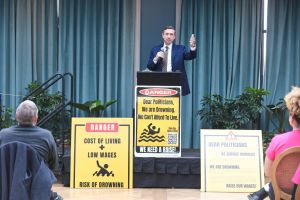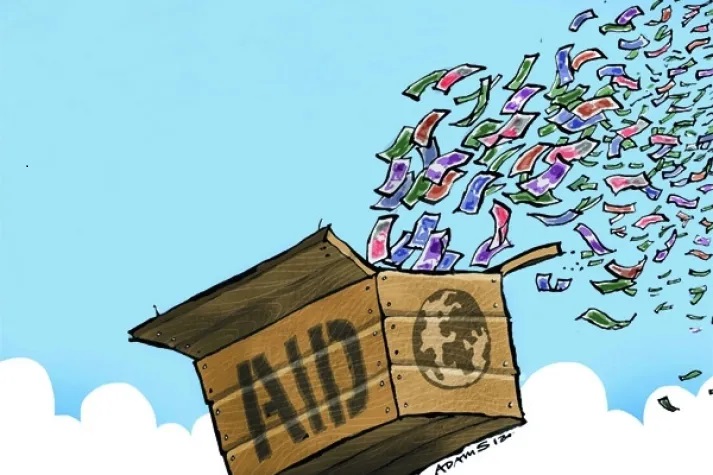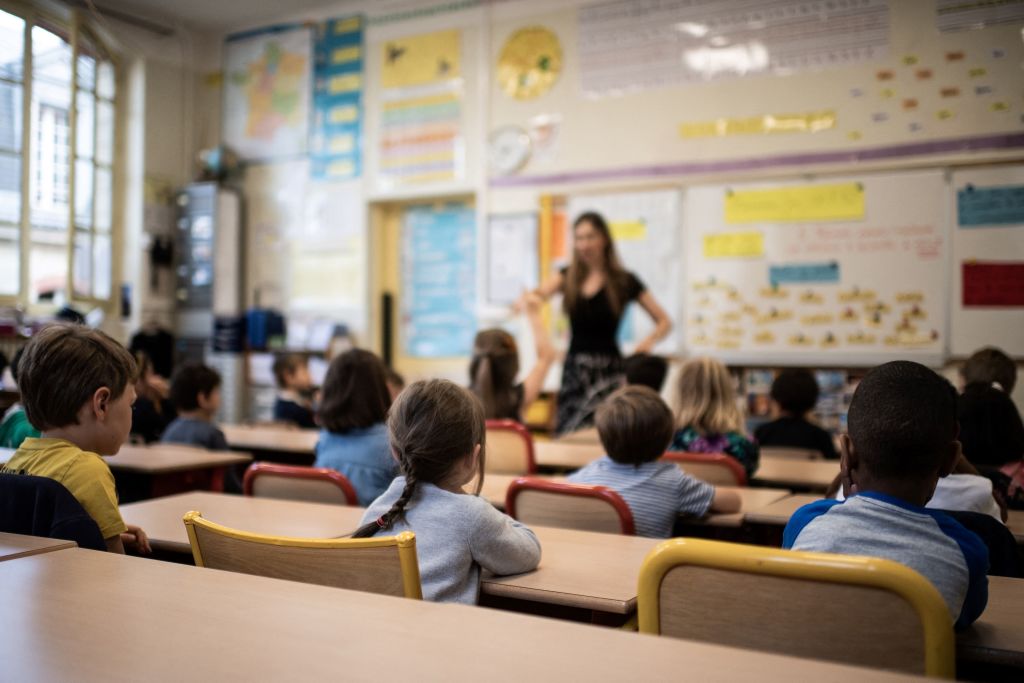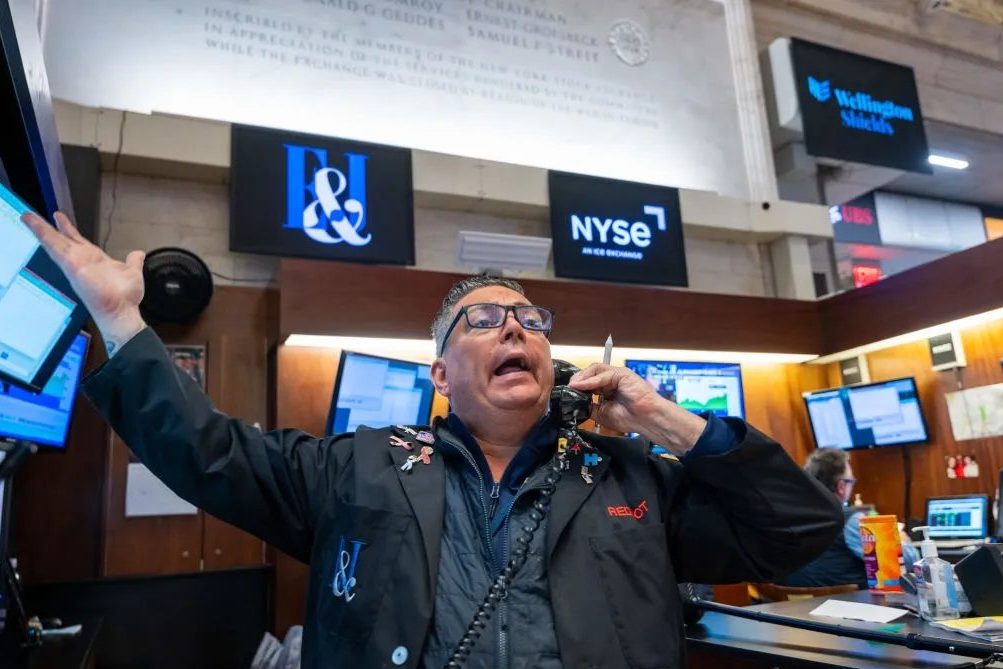Sometimes, just below the surface lie some very powerful connections among seemingly unrelated problems. That’s true for the seemingly unrelated problems of rising crime, the year-long closure of public schools, acute employee shortages, and parents’ outrage at kids being taught critical race theory. Substantively, these issues are vastly different. Conceptually, they are united by the crucial importance of incentives. Bad incentives produce bad outcomes, and that’s exactly what is creating many of these problems.
- When people have strong, positive incentives to act one way, they will act that way more often
- When people are rewarded for bad behavior, they will behave badly more often
- When people do not expect to be punished for harming others, they will harm them more often and more seriously
This is not rocket surgery. When people are offered incentives to do bad things, when they know they won’t be punished for them, they’ll do more of them. That, unfortunately, is the simple logic behind many of America’s worst problems today, especially in poorly-governed big cities.
When thugs strolling through Midtown Manhattan can smack people in the face and walk away unpunished, then more people will get smacked in the face (until prospective victims, facing these incentives, stay self-imprisoned at home or move to safer locations). When thieves can ride bicycles into Walgreens in San Francisco, steal whatever they want from the shelves and ride away scot free, then more people will do it (until Walgreens, facing these incentives, closes those stores).
In city after city, lax prosecutors, elected as ‘Justice Democrats’, have deliberately created these incentives by refusing to prosecute shoplifting of less than $950 or lots of violent crimes. Police face their own incentives to let the perps go. They face serious risks to their lives and careers if they chase criminals. They face very few risks for staying inside their squad cars. So, more of them stay seated as crime rises. The ‘Defund the Police’ movement has compounded the problem in two ways. The most obvious is by prompting retirements and shrinking the workforce. Less obvious, but equally important, politicians’ support for that movement has sent a signal to police who remain on the force: ‘We do not have your back. You serve at your own risk.’ The cumulative effects are predictable. There may have been some limits on excessive use of police force (good!), but there has also been a huge rise in crime.
Incentives matter for school teachers, too. When those working in public schools can refuse to return to their classroom and still keep their jobs and salaries, they won’t return to class. It’s easier to stay home. So they will, protected by powerful teachers unions. In private schools, by contrast, teachers behave differently. They know they will lose their jobs if they don’t come to class. Students, parents, and teachers in these private schools have not suffered any ill effects from this in-class instruction. Public school students have suffered. They’ve lost a year of education and socialization. But teachers’ unions have controlled public policy because they are better organized than parents.
In almost every city and state, K-12 education funding goes to school districts, not school children. If the money followed the children, then poor parents would have the option of choosing private schools, if they thought those were better for their kids. Rich parents have that option now; poor ones don’t. The crucial point here is not that private schools are better, though many are. The point is that all schools, public and private, are forced to get better when they have to compete for funding.
Public schools don’t have to compete today — and it shows. Except for a few Republican states, which are expanding their school-choice programs, public revenues go exclusively to public schools. With that protection, public schools can do a lousy job educating students, indoctrinate them with critical race theory if they wish, drop advanced math classes (because the ‘wrong’ students take them) and stick with ineffective ways of teaching reading. If parents don’t like it, they face hard, costly choices. They can move, or yell at the school board (and risk the opprobrium of neighbors and employers), or try to elect a new board in a few years.
Public policy denies these parents the easiest option: simply move their children to schools with race-blind curricula or those with advanced math classes or whatever else they think will benefit their children. Let schools that refuse to meet parents’ demands suffer a loss of funding and jobs, just as restaurants, bars and clothing stores do when they don’t meet customers’ needs. Public schools won’t perform better until they have the same incentives as restaurants, bars, and clothing stores.
It’s easy to see how bad incentives are damaging the economy, too. When people are paid extra to stay home, they’ll stay home. During the worst days of the pandemic, that incentive might have been in the public interest. (Whether it actually was in the public interest is a separate matter.) It isn’t anymore. It’s safe for everyone to return to work in-person. With the economy roaring back, many locations and types of jobs are suffering worker shortages. Under these conditions, it is lunacy to pay people extra to stay home. And it is deeply unfair to ask people who are at work to subsidize couch potatoes.
Incentives matter. Right now, our country has the wrong ones in several crucial areas. They come with a high price tag for all of us.
Charles Lipson is the Peter B. Ritzma professor of political science emeritus at the University of Chicago, where he founded the Program on International Politics, Economics and Security.



